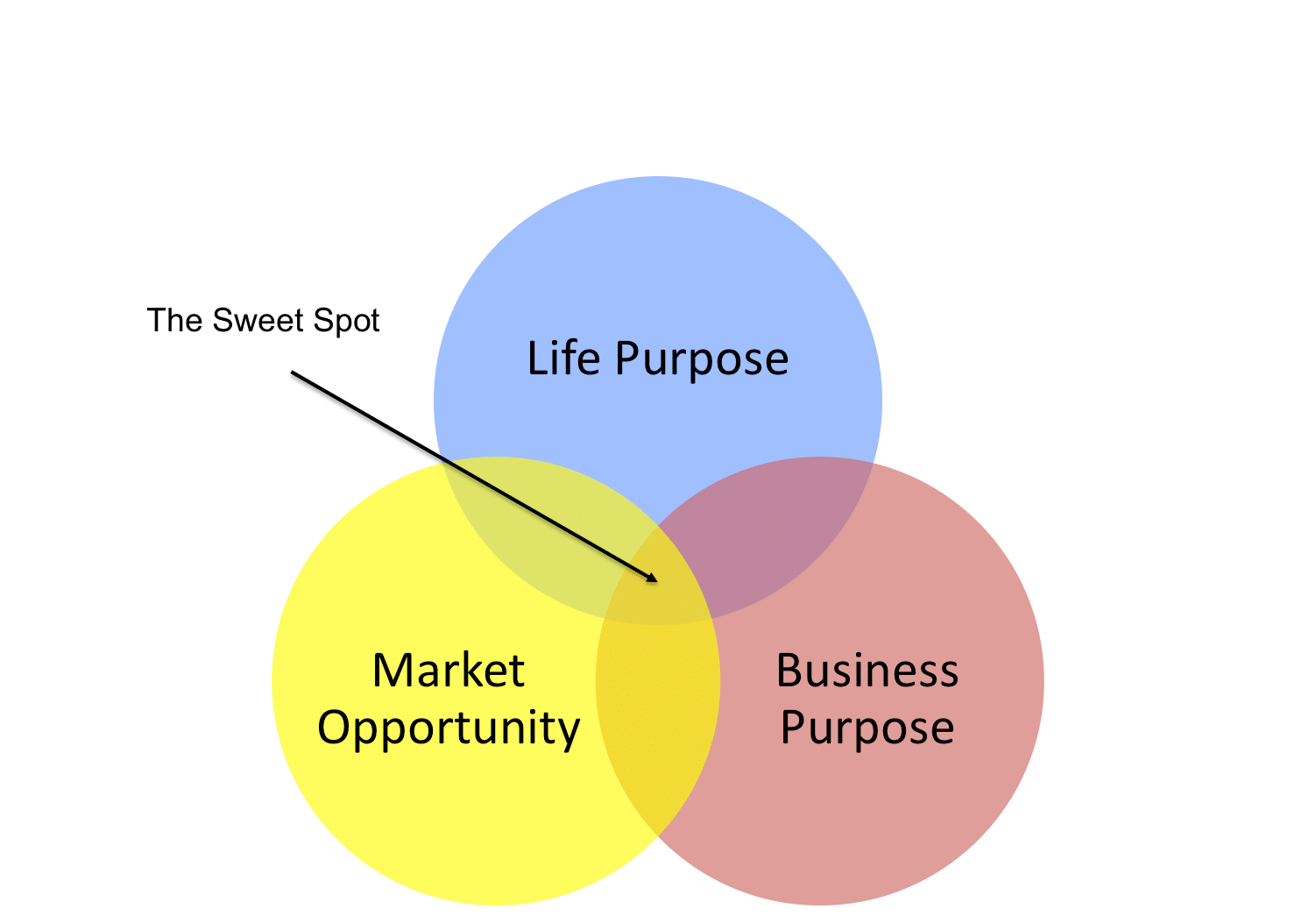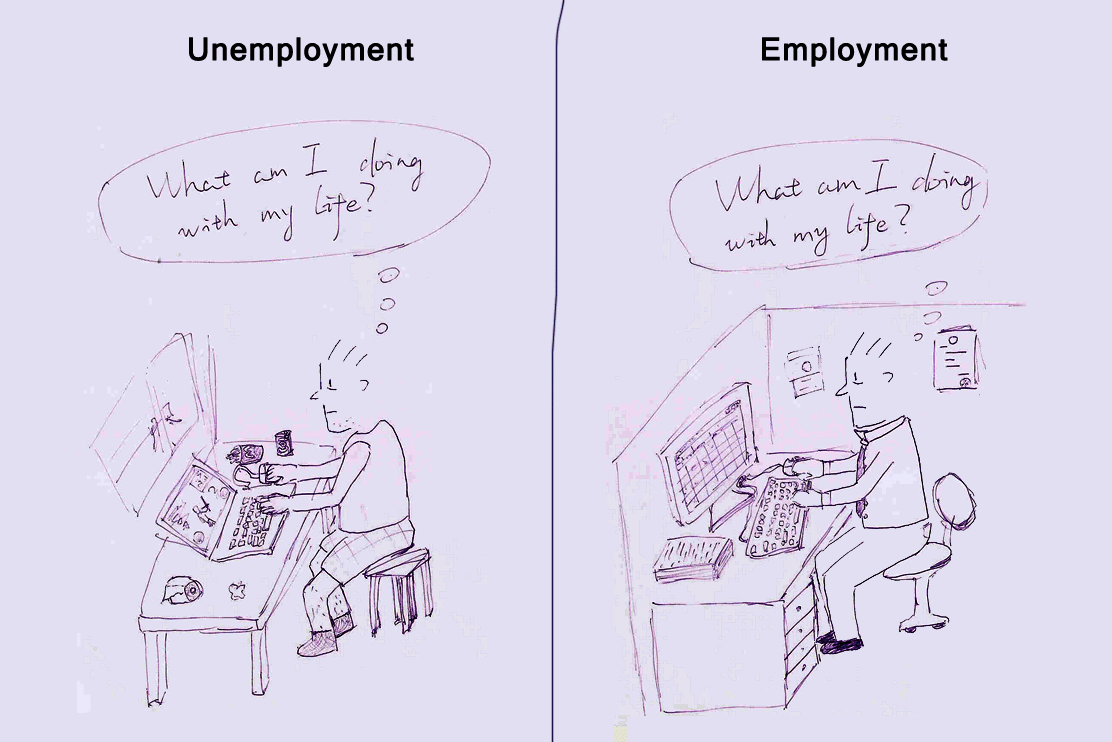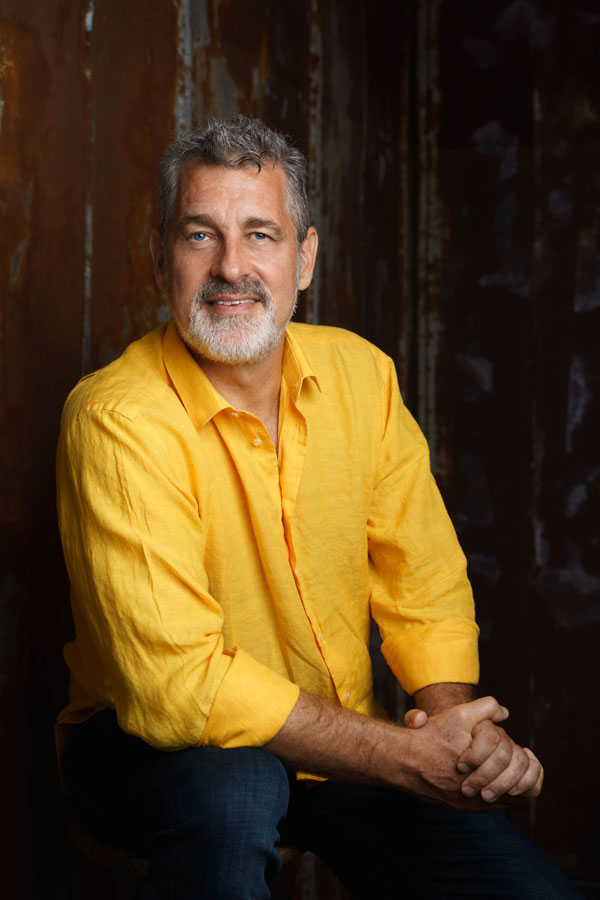How Does the World Want You to Be in Service?
Summary Insight:
Purpose and profit aren’t at odds—they’re systemically linked. Find your sweet spot where life purpose, business capabilities, and market demand converge, and both meaning and money follow.
Key Takeaways:
- Purpose alone doesn’t pay—align it with a real, growing market.
- You can live your life purpose in almost any ethical, engaging work.
- Stop scheming—start moving. The path reveals itself through action.
If you’re like me, the journey to finding alignment between expressing a meaningful life purpose and growing a business has been arduous. On the one hand, you crave that deeper sense of meaning and contribution that comes from living your life on purpose. On the other, you need to make a living, support your family, and pay the mortgage – not to mention your desire for financial and time freedom. Too often these things seem diametrically opposed.
So how do you do it? How do you live your life guided by a deep sense of purpose and, at the same time, have a meaningful and prosperous career? Although it took me years to find the answer, I ultimately realized how anyone can find that alignment. In this article, I’m going to show you how. But first, I need to debunk an all too common myth about money.
Do What You Love and the Money Will Follow? Not Even Close
“If you do what you love, then the money will follow.” I know you’ve heard that one before. Is it true? Nope. I admit that it sounds great. I know it sells a lot of books and tapes. But you’re doing yourself a huge disservice if you think that doing what you love will bring in the dough.
So what is the secret to financial prosperity? The answer lies in how you answer three simple questions:
- Do you operate in a large and growing market opportunity?
- Does this market perceive that you have unique capabilities that it desperately needs?
- Do you meet those needs efficiently and in a repeatable manner?
Financial prosperity is pretty simple. If you can answer “yes” to all three questions above, then your business is financially successful. If not, then your business is struggling financially, and it will continue to struggle, until you can.
Why do your answers to these three questions determine your financial prosperity? As I share in lifecycle strategy, these are related because the goal of any strategy is to efficiently acquire new energy (e.g. money, resources, clout) from the surrounding environment, now and in the future.
To get new energy, an organization must develop and integrate its capabilities with opportunities in the marketplace. If you’ve completed the business purpose exercise earlier in this series, then you already have you a good sense of what your unique capabilities are. In addition, the business execution guide will show you how to operate efficiently and adapt to market changes. What remains is the market opportunity itself and it’s a critical piece in creating purpose, meaning, and money in your life and work. Let’s see how it all comes together.
The Sweet Spot

The path to achieving purpose, meaning, and money together is finding the sweet spot between your life purpose, your business purpose, and the market opportunity. In a nutshell, the market opportunity is where the money is; the business purpose is your capabilities to address that market opportunity; and your life purpose is how they tie together in a personally meaningful way. If you can find that sweet spot, you’re going to be one of the lucky few who live a purposeful, meaningful, and prosperous life. As you know already, that’s not always easy to accomplish.
Not having them aligned, however, is even more challenging and dissatisfying. For example, imagine that you’re living your life on purpose but you don’t have a real business or serve a real market opportunity. Like a yogi or philosopher, you probably have a high sense of meaning but not enough money to pay the bills (unless you have a benefactor or you’re supported by institutions like ashrams or universities).
Or imagine that your life purpose is actually aligned with your business purpose but there’s no real market opportunity. What happens then? You’re frustrated. You know your life purpose and the business you’d love to pursue, but there’s no market demand for it. Like a cowboy born 200 years too late, you suffer because you’re mismatched to the current environment.
On the other hand, if you know your life purpose and sense the market opportunity but don’t have the business to operate in, you’re probably feeling a deep sense of longing, wondering, and searching for the right strategy, team, capital, and systems around which to build a business or career. Like an entrepreneur who senses the future and is driven by a clear purpose but hasn’t yet found people to buy into the vision, you walk around depressed until things seem to finally start to click.
Or finally, like a lot of highly intelligent, capable, and driven people, you make the mistake of pursuing opportunities based only on the money. When you take this approach, you end up in soul-draining jobs, devoid of a sense of purpose and meaning. Plus, most often the money is not enough because it doesn’t fill the hole in your soul.
So the sweet spot occurs when you have alignment between all three elements: you’re on purpose in your life; you’re on purpose with your business; and the timing is right to serve a growing market opportunity. If you can find this sweet spot, then that’s when you get to “do what you love and the money will follow.”
3 Keys to Find Sweet Spot
Key #1: It’s Not What You’re Doing But Who You’re Being That Really Counts
To begin, first look at your life purpose and business purpose statements and ask yourself, “Can I apply my life purpose in this business?” Before you answer, I want to point out something that may not be obvious straight away. It’s this: YOU CAN APPLY YOUR LIFE PURPOSE DOING **ALMOST** ANY WORK.
For example, let’s say that “child poverty” is a hot-button issue from your life purpose statement that you reframed into “safe and happy kids.” But your career is in accounting and it may seem like your life purpose and business purpose are hopelessly misaligned. Not true. Can you see how you can use your business purpose within accounting to help you fulfill your life purpose? One way would be to bring forward your passion and desire to help families manage their money so they can raise safe and happy kids. Not only would this shift in perspective increase your joy and satisfaction in your job; if authentic, it would also become a powerful differentiator in the marketplace.
I say **ALMOST** any work because this shift in perspective only works under two conditions. The first is that your business must be ethical. You’ve got to provide a high quality product or service, for a fair exchange of value, and be honest and trustworthy in your dealings. If not, you may have short term gains but at the cost of not making a real contribution to others and losing your peace of mind.
The second is that you must find the work you do interesting and stimulating. Continuing with the last example, if you find the work required to do accounting boring, dull, or soul-crushing, then it’s not enough to only change your perspective. You must also change the work itself. If the work meets these two conditions of integrity and personal interest, then you can apply your life purpose doing just about anything that suits you.
When I tell people – especially successful people in career transitions – that they can apply their life purpose to just about any kind of work, I often hear: “Yeah, but I really want to make a BIG difference in the world.” I went through a long period like this in my own life and so I feel like I understand where they’re coming from. What I’ve found true for me is this: Purpose and meaning is where you choose to find it. Put another way, you can let yourself off the hook about changing the world. The world doesn’t need you to change it. The world needs you to change you.
To help drive this point home, I’d like you to take a virtual walk with me to a certain park bench in Santa Barbara. It’s located next to the dolphin fountain at Stearn’s Wharf. The bench looks unusual because it has a hand-painted tile mosaic that shows a scene of a smiling elderly man standing near a snack truck on the pier and surrounded by families. There’s a dedication that reads:
“The Popcorn Man — Everett Nicholin, 1890-1980, gave character and personality to Stearn’s Wharf and to the community of Santa Barbara. He will always be remembered by those who had the opportunity to know him and to appreciate his presence.”
Right there is the secret to aligning your life purpose with your business purpose. It’s not what you are doing but who you are being that creates impact, meaning, and deep satisfaction. Presence. Contribution. Kindness. Authenticity. These characteristics hold true regardless of whether you spend your days running a company, raising a family, or selling popcorn at the beach. If you can see how to apply the purpose of your life in almost any work that is ethical and interests you, then that should create a sense of freedom in the business or career with which you choose to engage.
Key #2: Meet the World Where It Is, Not Where You Think It Should Be
One of the challenges of aligning your life and business purpose with a growing market opportunity is that your life purpose is a reflection of how you think the world should be, while a successful business must meet the world where it is today. Put another way, if you want to change the world, become a martyr or start a non-profit. But if you want to run a successful business, then you need to be meeting the needs of the marketplace as they exist today, and with a sound business model – one that operates efficiently and repeatably over time and that leverages your unique capabilities.
This can seem tricky. You’ve got to somehow meet the world where it is today, provide value in your interactions, and simultaneously feel like you’re moving yourself and others towards the positive future you desire. The solution lies in understanding and committing to your core values. Once you’re clear and committed to what’s most important to you, you sacrifice what’s not as important. For example, if financial prosperity is really a core value for you, then your focus must be on developing your business to meet the world where it is today. But if being a change agent is your core value, then you’ll sacrifice the money and commit fully to creating change in the world, despite being broke. Life is ultimately about choice. Knowing your core values makes those choices clearer and helps you to accept the sacrifices, whatever they may be.
Key #3: Get Out in the World and Muck About
A lot of people, especially big Innovators, want to see the roadmap for their life laid out far in advance. They spend inordinate amounts of time thinking about this, planning, dreaming, and trying to craft a linear path from point A to point Z. Once they’ve figured it all out, they tell themselves, then they’ll launch with gusto.
You already know that life doesn’t work that way. Life doesn’t want you sitting around plotting and scheming. Life wants you out there in the mix, mucking it up, learning, growing, experiencing, contributing, connecting. When you do this — acting from right where you are to express your purpose, live by your core values, and add value to others through your work — then life starts responding.
Opportunities open up. Connections occur. Learning and insight happens. One small step leads to the next small step. It’s only upon looking back on what seemed, at the time, like a circuitous and sometimes desperate route, that it all starts to make perfect sense. Standing on the mountaintop, you can look back down and see how each step of the climb ultimately brought you exactly where you want to be.
The Story of Samantha
To help bring this all home, I’d like to share a story about another friend of mine whom I’ll call Samantha. Samantha is 35. She’s highly intelligent, creative, and capable. Her defining characteristic is that she is incredibly dedicated to shifting global consciousness. In fact, in the past decade, she started two different businesses with the mission of shifting global consciousness. Neither business panned out, however, and burdened by debt, she chose to put her dream on hold to take a job with an online advertising agency.
It turns out that the clients absolutely loved Samantha’s work and so did the agency. Within six months of starting, Samantha was making more money than she had in the prior six years. And within a year after that, she was offered a partnership in the firm. That’s when Samantha came to me looking for advice. Should she accept the partnership and say good-bye to her vision of changing the world? Could she do both? Should she give her vision one more solid try? Perhaps you’ve been in a similar predicament. Here’s what we did to help Samantha find the sweet spot.
For your reference, Samantha’s life purpose is to use her talents of ideating, writing, and authentic messaging to help herself and others experience more holistic living, balance, and community. Her core values are expansion, prosperity, and health. She didn’t yet have a business purpose statement.
First, I asked Samantha if she could use her talents of ideating, writing, and authentic messaging in her agency work. She replied, “Absolutely, that’s why I’m so successful there. The clients love my work because I’m not afraid to call BS when I see it and I craft amazing messages . . . it’s almost like I’m not working at all.”
Then I asked her which opportunity, the agency or starting her own company again, most closely aligned with her core values of expansion, prosperity, and health. “As much as I hate to admit it,” she said, “the agency seems more aligned. I definitely feel expanded. I am prospering. And even my health is better because I’m not so stressed out.”
Then I asked her about where the world seemed to be now: “Is there more opportunity today in helping companies figure out their branding or in trying to shift global consciousness?” She just laughed at that one. No need to even answer.
“Tell me,” I said, “Is it possible for you to do work that is aligned with holistic living, balance, and community from within the agency? That is, can you be balanced and holistic in your approach and help your clients do the same while simultaneously building communities?” She had to think about that for a bit but then the light bulb went on. “You know what,” she said, “All of our branding efforts are moving towards building online communities. I never thought about it like that before. And many of the types of clients we work with are actually seeking to make the world a more balanced place in their own way. So yeah, I guess I can see it that way.”
Then I asked her the hardest question of all: “Samantha, does it take more courage to express your purpose and values within the agency or by starting your own business?” She replied kind of sheepishly: “You know, it takes way more courage to express them within the agency. It feels like there’s so much pressure to not express them and just get the work done. I don’t always own up to what I believe in and that makes me want to start my own thing with more aligned customers and employees.”
“OK,” I said, “I get that. I would also ask you to really examine if that’s true. But let me ask you something else first: “Can you see how it’s possible to help shift the world by actually meeting the world where it is today? That is, by working with real companies, selling real products, with real payrolls from within the agency? Can you get that that’s where the real work might be and that your role is to help bring more holism, balance, and community into that work?” “Yes,” she said, “I’m totally surprised to say it because I haven’t thought of it that way before, but yes, I do.”
In essence, Samantha was able to see that working within the agency was actually her sweet spot for purpose, meaning, and money. Samantha’s next step is to do a business purpose statement that really calls out the unique approach of her agency and the types of clients they can and want to help the most. If they do this correctly, it will create a powerful brand differentiator in the marketplace, attract more aligned clients, and also allow Samantha to more fully apply her life purpose within her work. It turns out, as it always does, that Samantha is getting exactly what she’s been committed to, just not in the way she envisioned it. Such is life. :)




